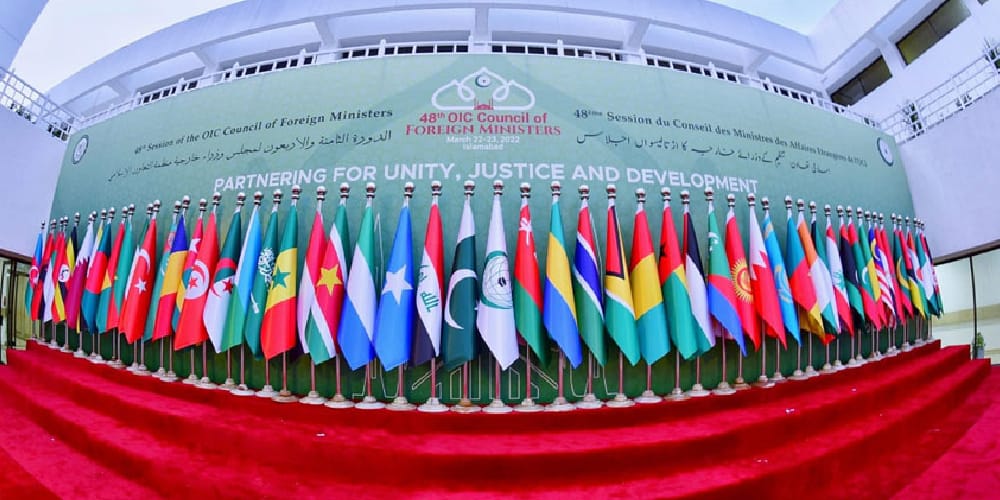The devastating effect of the global pandemic due to SARS-CoV-2 on human health and national economies will be felt for decades to come. Everybody on earth has been directly or indirectly affected, close to 437 million tested positive (we would never know the real number which would run into billions) and nearly 6 million could not survive the severity of the disease and passed away.
On economic loss, one credible estimate put the cost to the global economy at $82 trillion over five years. Though it can never be said with certainty but hopefully after the omicron-wave the world would be wriggling out of the pandemic. As the world starts emerging out of this catastrophe, what we have learnt and how we should be preparing ourselves for any future global public health emergency, is the key question that must be occupying us.
Organization of Islamic Cooperation (OIC) can and should play a major role in a world characterized by the new-normal. As a second largest organization after the United Nations with a membership of 57 states spread over the four continents, OIC need to prioritize actions emerging out of the learnings from dealing with the global pandemic. A synthesis of ten high-level key learnings from the pandemic is as follows;
- Despite warnings, governments were not prepared to efficiently respond to the pandemic.
- Routine national disease surveillance systems that can detect and generate early warnings for disease spread were chronically weak.
- Striking a balance between locking-down to minimize the spread of the disease and maintenance of economic activity was a great challenge but some innovative approaches were successfully implemented, eg smart-lockdown in Pakistan.


